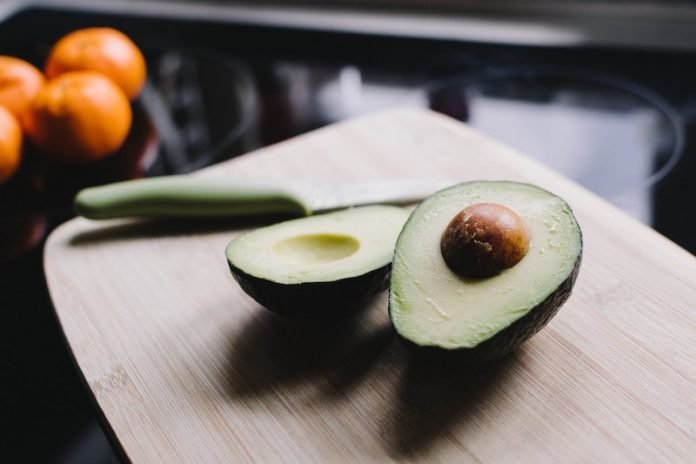
In a new study, researchers found avocados may hold the key to managing obesity and helping delay or prevent diabetes.
They found how a compound only in avocados can inhibit cellular processes that normally lead to diabetes.
The study also showed that in humans the substance was absorbed into the blood with no adverse effects in the kidney, liver or muscle.
The research was done by a University of Guelph research team.
About one in four Canadians is obese, a chronic condition that is a leading cause of Type 2 diabetes.
Insulin resistance in diabetic patients means their bodies are unable to properly remove glucose from the blood.
Those complications can arise when mitochondria, or the energy powerhouses in the body’s cells, are unable to burn fatty acids completely.
Normally, fatty acid oxidation allows the body to burn fats. Obesity or diabetes hinders that process, leading to incomplete oxidation.
In the study, the researchers discovered that avocatin B (AvoB), a fat molecule found only in avocados, counters incomplete oxidation in skeletal muscle and the pancreas to reduce insulin resistance.
The team fed mice high-fat diets for eight weeks to induce obesity and insulin resistance. For the next five weeks, they added AvoB to the high-fat diets of half of the mice.
The treated mice weighed significantly less than those in the control group, showing slower weight gain.
More importantly, the treated mice showed greater insulin sensitivity, meaning that their bodies were able to absorb and burn blood glucose and improve their response to insulin.
In a human clinical study, AvoB given as a dietary supplement to participants eating a typical western diet was absorbed safely into their blood without affecting the kidney, liver or skeletal muscle.
The team also saw reductions in weight in human participants. Having demonstrated its safety in humans, they plan to conduct clinical trials to test AvoB’s efficacy in treating metabolic ailments in people.
The team says eating avocados alone would likely be ineffective, as the amount of natural avocatin B varies widely in the fruit.
Future work needs to fully understand exactly how it is digested and absorbed when we consume a whole avocado.
The team says a healthy diet and exercise are recommended to prevent metabolic disorders leading to obesity or diabetes.
The lead author of the study is Prof. Paul Spagnuolo.
The study is published in the journal Molecular Nutrition and Food Research.
Copyright © 2019 Knowridge Science Report. All rights reserved.



